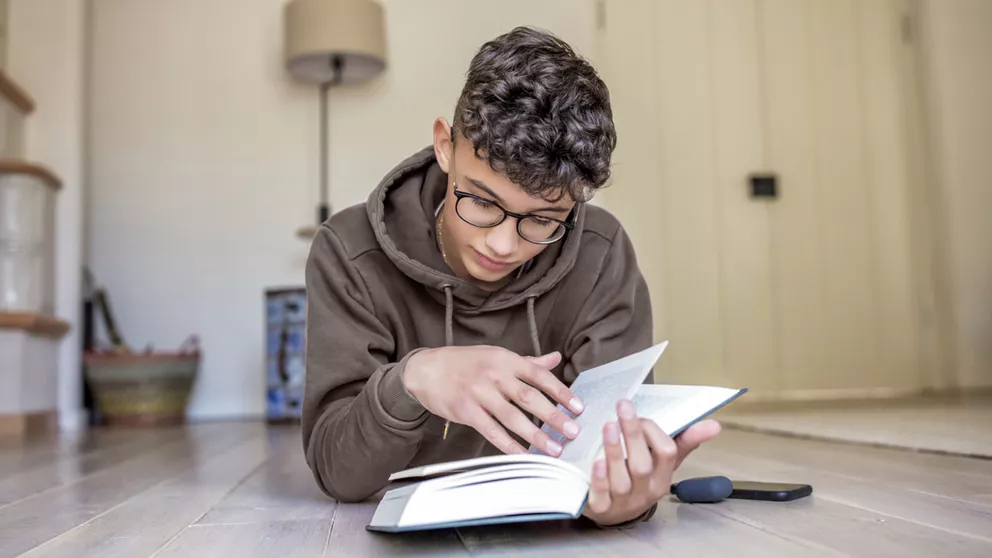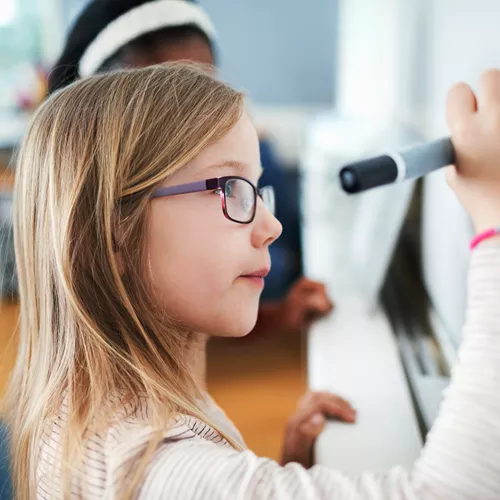Supporting your child's wellbeing and vision
Spend time outdoors.
Research showed that spending time outdoors may reduce risk of myopia and its progression.
Seek regular eye care.
Make sure that your child has regular eye examinations to ensure that myopia or other vision problems are detected and treated early, reducing the worsening of vision, myopia progression and potential complications of high myopia.
Take regular breaks.
Reduce your child’s eye strain by reminding him or her to take breaks from intensive screen time or near-work.





